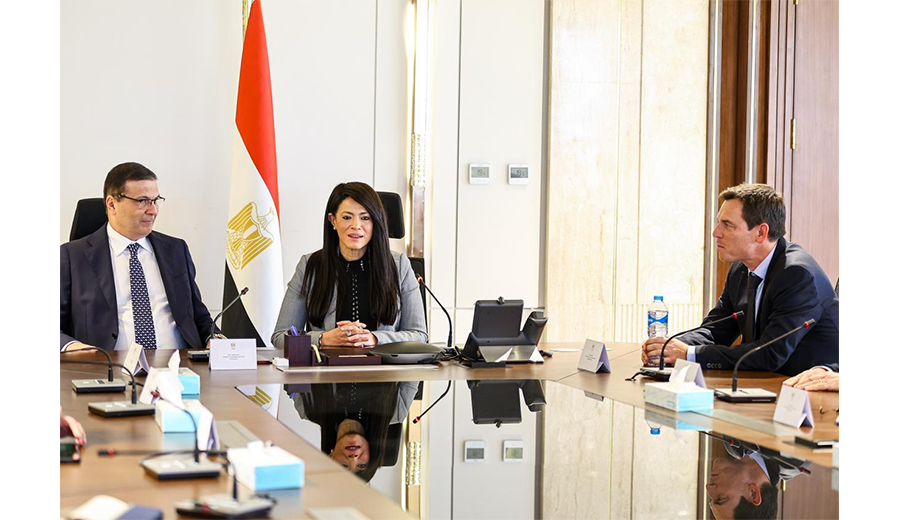58 Hospitals to Be Completed with EGP 2.6 Billion Investment in 2024/2025:Planning Minister

21 May 2024
Dr. Hala El-Said, Minister of Planning and Economic Development, outlined the health sector targets in the 2024/2025 economic and social development plan, emphasizing the need to enhance the availability of healthcare services. She noted that the plan includes continued investment in the health sector to maintain and improve current availability indicators, especially given the 10% decrease in healthcare service availability since 2014 due to population growth. To maintain the current availability rate of 13 beds per 10,000 people, significant investments are required. Additionally, incentives for private sector investment in healthcare will be activated, and the necessary medical staff will be provided to ensure the effective utilization of substantial health sector investments.
This discussion took place during the Senate Committee on Financial, Economic Affairs, and Investment’s meeting to review the draft law for the 2024/2025 economic and social development plan, chaired by Dr.Hani Sir El-Din.
Dr. Ahmed Kamali, Deputy Minister of Planning and Economic Development, and committee members also attended the meeting.
Dr. El-Said explained that various indicators are used during the planning process to identify gaps, such as the life expectancy at birth and hospital bed availability rates, which help in determining areas that require investment.
She highlighted key health sector targets for the 2024/2025 plan, which include:
• Completing the construction of 58 hospitals.
• Continuing the development and equipping of 55 hospitals under the Specialized Medical Centers Secretariat.
• Further development and equipping of medical centers and units, control centers, and the unified emergency and public safety network.
• Completing the medical city at Nasser Institute.
• Managing population growth and developing Egyptian families.
• Completing the Central Labs building in Badr City.
• Implementing 246 projects in university hospitals.
• Continuing the digitization of university hospitals.
Dr. El-Said also noted that a focus on completing projects with over 70% completion to bring them into service for public benefit is a key aspect of the plan. Accordingly, the completion of 58 hospitals with investments totaling EGP 2.6 billion is targeted for 2024/2025.









